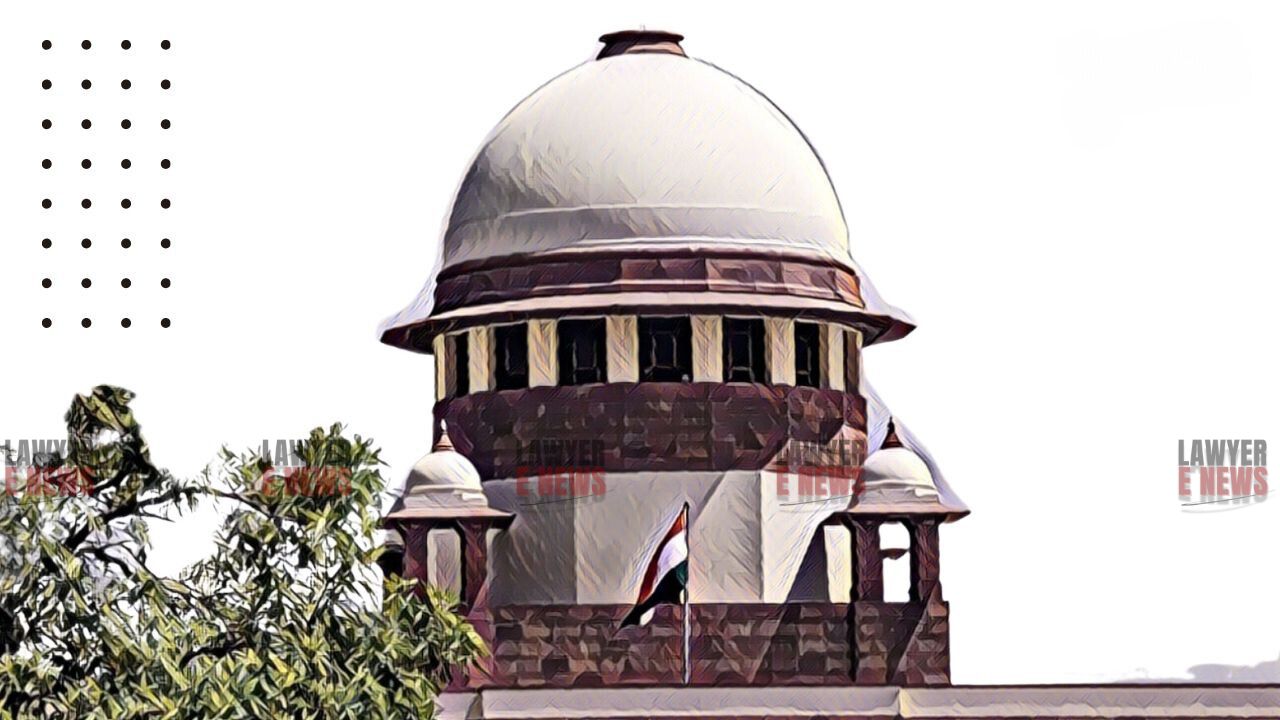-
by Admin
15 February 2026 5:35 AM



The selection list should be redrawn in accordance with the High Court's 2015 judgment to ensure fairness in recruitment, Justice Hrishikesh Roy. Supreme Court of India, in Khunjamayum Bimoti Devi v. State of Manipur & Others, upheld the Manipur High Court's 2015 decision, which set aside the selection of 242 candidates for Primary Teacher posts in the OBC category due to procedural errors. The Court directed that a revised select list be drawn up in accordance with the 2006 notification, limiting appointments to the originally notified 1,423 vacancies. This judgment brings closure to a recruitment process that began over 18 years ago and was mired in legal disputes and allegations of irregularities.
The recruitment process for 1,423 Primary Teachers in Manipur began in 2006. Written tests were conducted, and interviews were held. However, the publication of an unofficial select list in a local newspaper in 2010 led to widespread allegations of foul play. An official result was declared in 2011, but multiple petitions were filed, challenging the selection process. The petitioners claimed that reservations for OBC candidates were applied retrospectively without due notice, rendering the selection of 242 OBC candidates invalid.
The key issue was whether the OBC reservation, applied retroactively through a notification issued after the recruitment process began, was lawful. The petitioners argued that this change violated their rights under Articles 14 and 16 of the Constitution, as the original recruitment notice did not mention OBC reservations.
Justice Hrishikesh Roy, writing for the Supreme Court bench, upheld the High Court's findings that the retrospective application of OBC reservations was illegal. The Court emphasized that recruitment rules cannot be altered mid-process, as it would violate the principle of equal opportunity under Article 16.
"A differential treatment for those who did not approach the Court earlier may not be warranted, as it would amount to denial of opportunity under Article 14 and Article 16."
The Court also noted that those serving as teachers for over 13 years might face hardship if their appointments were revoked. Therefore, it left the decision of retaining these teachers to the discretion of the Manipur government.
The Supreme Court's ruling brings finality to the prolonged legal battle over the recruitment of Primary Teachers in Manipur. The revised selection list must be prepared in accordance with the 2006 notification, ensuring that only the 1,423 posts originally advertised are filled, excluding the OBC category candidates who were wrongfully included.
Date of Decision: September 19, 2024
Khunjamayum Bimoti Devi v. State of Manipur & Others.
